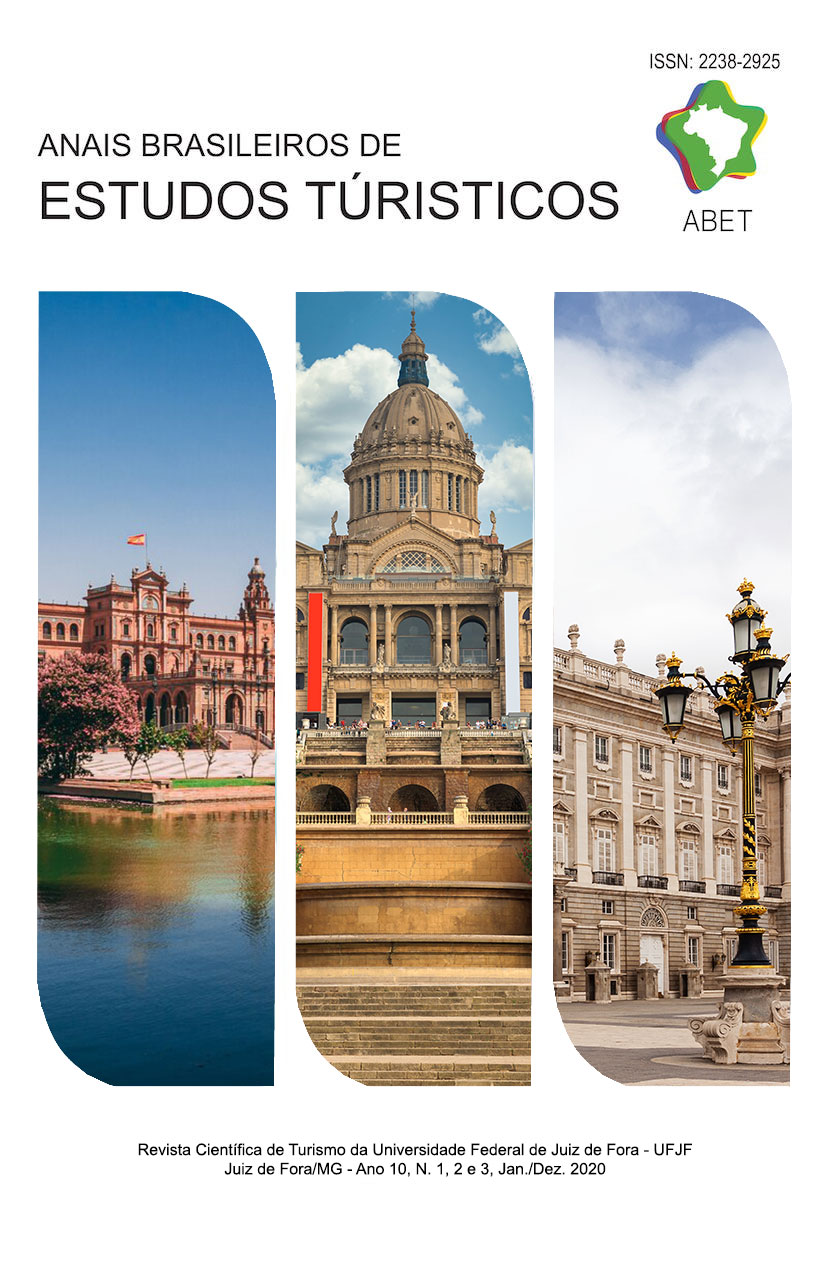El Turismo en un Mundo Incierto: desafios para el siglo XXI en un contexto post COVID19
DOI:
https://doi.org/10.34019/2238-2925.2020.v10.31397Abstract
From its inception, tourism was associated to the urgency to adopt governance as a main discourse. Governance not only allowed a reduction of poverty but also accelerated some long dormant social maladies enrooted in the asymmetries of nation-states. The rise of radicalism and terrorism, as well as the War on terror showed not only the incapacities of western rationality to understand the Non-Western Other, but the problems of global capitalism. The present essay review explores not only the role of tourism as well as the next challenges in an ever-changing World but also the problem of a new class which feel pleasure through the Other´s pain. The COVID-19, far from being a foundational event, reaffirms a previously-established logic that leads invariably to the end of western hospitality.
Downloads
Downloads
Published
How to Cite
Issue
Section
License
This journal provides immediate open access to its content, following the principle that providing free scientific knowledge to the public provides greater democratization of world knowledge.
Authors must agree to the following terms relating to copyrights:
(a) Authors keep all copyright and grant the to the journal the right of first publication, with the work simultaneously licensed under the Creative Commons Attribution License that allowing job sharing with recognition of authorship of the work and initial publication in this journal.
(b) Authors are allowed to assume additional contracts separately, for non-exclusive distribution of the version of the work published in this journal (e.g. publish in institutional repository or book chapter), with recognition of authorship and initial publication in this magazine.
(c) Authors are allowed and are encouraged to publish and distribute their work online (e.g. in institutional repositories or on your personal page) since they do not do this before or during the editorial process, as this can generate productive interchange, as well as increase the impact and citation of work aired. (See Effect of Free Access).















